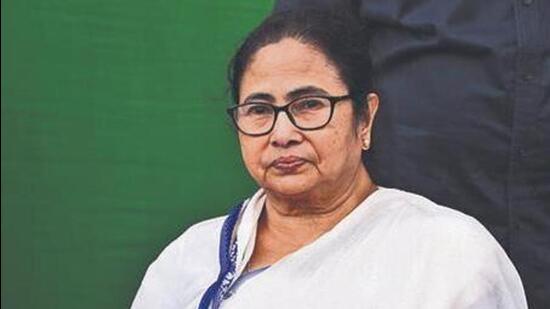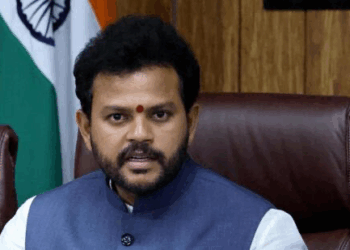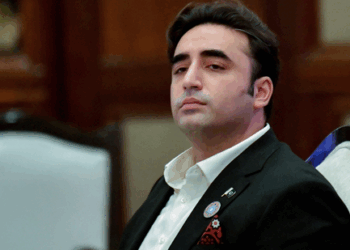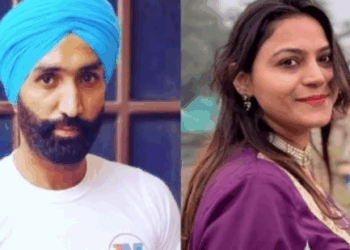West Bengal Chief Minister Mamata Banerjee chose to skip the 10th Governing Council meeting of the NITI Aayog, chaired by Prime Minister Narendra Modi in New Delhi on Saturday. The high-level meeting, aimed at charting a roadmap for a developed India by 2047, witnessed participation from several state leaders — but not from West Bengal.
This year’s meeting focused on the theme “Viksit Rajya for Viksit Bharat@2047,” emphasizing a collaborative approach between the Centre and states to transform India into a developed nation. However, Mamata Banerjee’s absence from the discussion table has triggered political outrage.
In July 2024, Banerjee had walked out of a similar meeting, alleging that she was permitted to speak for only five minutes. That episode appears to have left a lasting impression, prompting her to completely boycott this year’s session. Trinamool Congress (TMC) MP Saugata Roy defended Banerjee’s decision, claiming that the NITI Aayog has failed to give equal representation to all states. “The Modi government’s move to replace the Planning Commission with NITI Aayog was unethical. The CM has done the right thing,” Roy said.
Meanwhile, the BJP and Congress launched scathing attacks on Banerjee for what they described as her disregard for cooperative federalism. BJP spokesperson and Rajya Sabha MP Samik Bhattacharya accused her of playing politics at the expense of West Bengal’s development. “She claims her mic was switched off last year, but no other CM supported her. Her decision today is just another act of opposition to the PM, sacrificing the future of the state,” he said.
Former Congress MP Adhir Ranjan Chowdhury echoed similar sentiments, stating, “The CM is disrespecting the institution and betraying the people of Bengal. This is her failure.”
Notably, there was no official announcement from the West Bengal government regarding who would represent the state in the chief minister’s absence, further fuelling criticism from opposition leaders.
The absence of one of India’s most politically vocal chief ministers from a platform meant to promote consensus between the Centre and states has once again highlighted the deep-rooted tensions between West Bengal and the Union government.





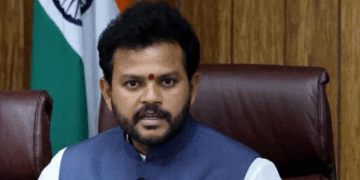


 India
India
